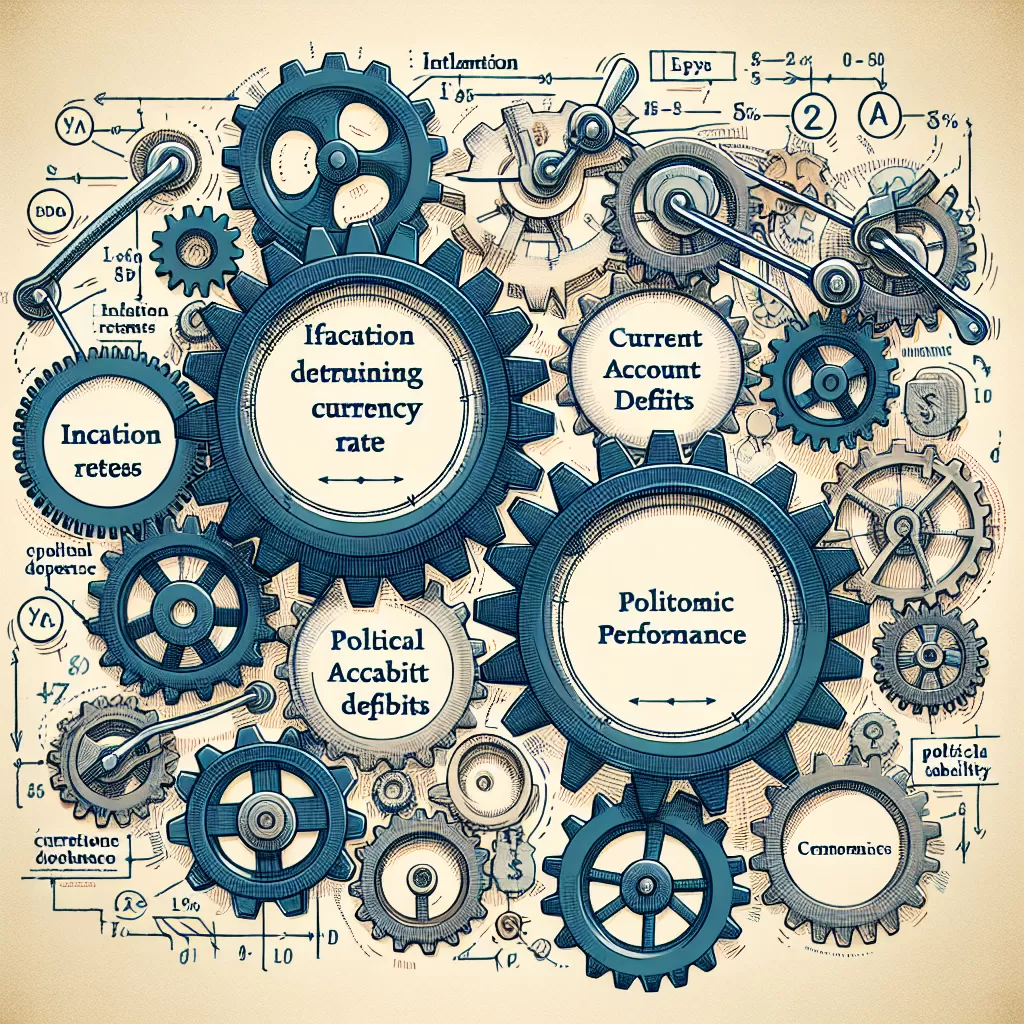What Determines The Currency Exchange Rate
Follow Currency Mart April 10, 2024
Where to purchase Foreign Currencies?

What Determines The Currency Exchange Rate: An Expert Guide
Introduction
Currency exchange rates constantly ebb and flow, playing a crucial role in a nation's economic health. Above all, they can affect everyone from the backpacker trying to budget for their trip abroad to the governments making multi-billion dollar trade deals. This article will unravel what determines these ever-changing currency exchange rates.Inflation
One of the primary factors affecting exchange rates is inflation. A country with a low inflation rate will see an appreciation in the value of its currency. A country with high inflation typically sees depreciation in its currency, leading to higher interest rates. Constant check on inflation rates by fiscal policy catalysts plays a key role in preserving the value of a nation’s money.Interest Rates
Interest rates impacts exchange rates significantly as they influence the level of investment. If a country's interest rates rise, its currency could become more appealing to foreign investors, as it offers a higher return on their capital. Thus, more foreign capital is invested in that country and its currency appreciates. Conversely, a decrease in interest rates could weaken the currency.Political Stability and Economic Performance
Foreign investors inevitably seek out stable countries with strong economic performance in which to invest their capital. Countries with less risk for political turmoil are more appealing to foreign investors, prompting an increase in foreign capital, which raises the exchange rates. Conversely, instability results in devaluation of currency causing a drop in its exchange rate.Public Debt
Countries with high amounts of public debt are less likely to acquire foreign capital, leading to inflation. When a nation is unable to pay its government debt or is perceived as being unable to do so, it may see a decrease in the value of its currency against other global currencies. This leads to a decrease in the exchange rate.Terms of Trade
The terms of trade refer to the ratio of export prices to import prices. If a country's export price rises at a greater rate than its import prices, its terms of trade have improved. Improved terms of trade can lead to an increase in revenue from exports, causing an increase in the country’s currency value and subsequently, the exchange rate.Government Intervention
Government intervention can influence the foreign exchange market. Central banks can participate in foreign exchange markets by buying and selling their currency to control its price. This action, known as a central bank intervention, can have a significant impact on the exchange rates.Speculation
If people believe that a nation's currency will increase in price, they will buy more of that currency. As a result, the value of the currency will increase due to the increase in demand. Consequently, the exchange rate will also increase. This speculation can significantly impact the currency exchange rates in a short period, especially in our fluid and modern global economy.Conclusion
Understanding what determines exchange rates is crucial for economists, investors, and officials alike. Factors like inflation, interest rates, political stability, public debt, terms of trade, government intervention, and speculation make currency exchange a dynamic and complex system. By being aware of these influences, you can navigate this realm with greater confidence and insight. For according to the Guardian of Currency Exchange, knowledge is the key to mastering the numbers dance.
Where to purchase Foreign Currencies?